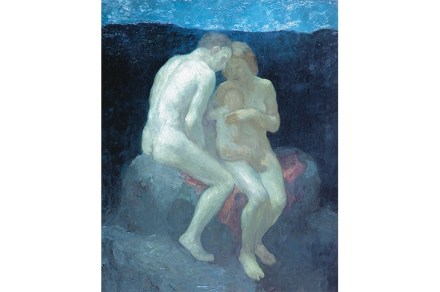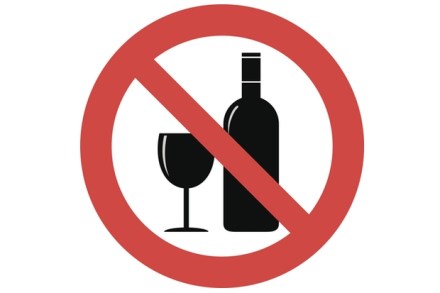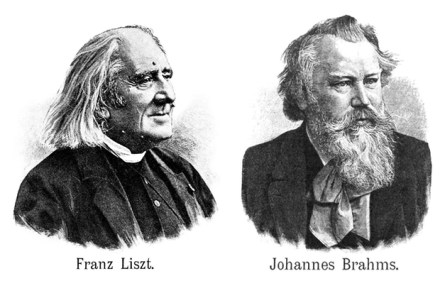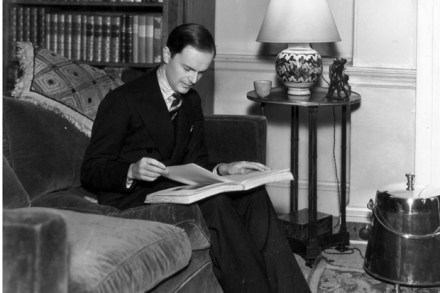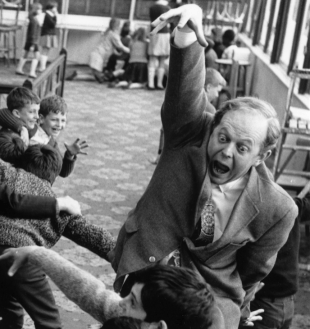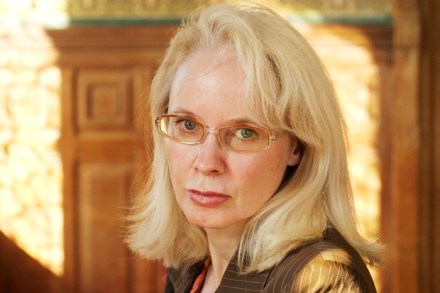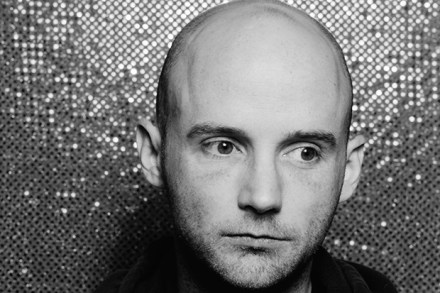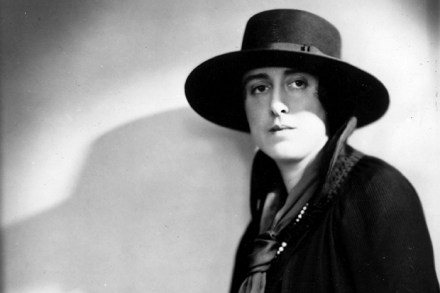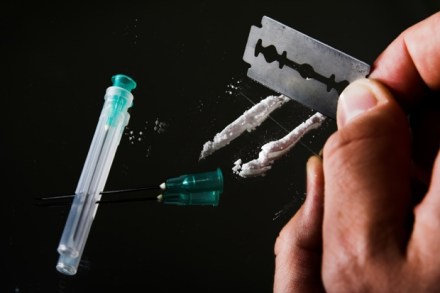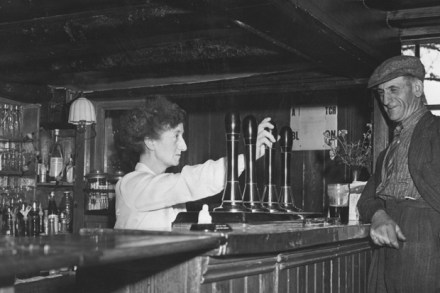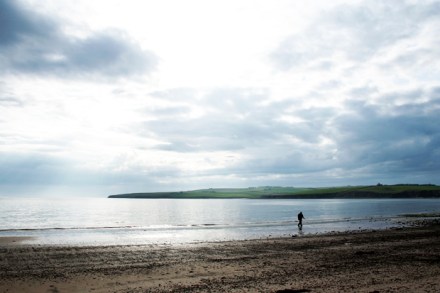Beautiful thoughts for all occasions
Kahlil Gibran was 40 years old, a short — he was just 5’3” — dapper man with doleful eyes and a Charlie Chaplin moustache, and in the first throes of the alcoholism that would result in his early death, when in 1923 he published The Prophet. A collection of 26 prose-poems, written in quasi-Biblical language, the book takes the form of sermons by a fictional sage named Al Mustapha, on the big questions of life: family, friendship, love, work and death. These range from the profound to the banal. ‘Love gives naught but itself and takes naught but from itself. Love possesses not nor would it be possessed; For love
